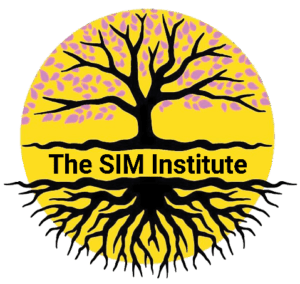Clinical Facilities
The Clinical Facility offers specialized services in Speech Pathology, Occupational Therapy & Behaviour Therapy
Adults:
- Dedicated unit for Stuttering & Swallowing disorders with comprehensive assessments and therapies.
- Voice and image management.
- Offers specialized approaches.
- Focus on enhancing vocal attributes and non-verbal communication to foster personal and professional.
Children:
- Focused services are provided by skilled speech therapists tailored to individual needs.
- Scheduling days for speech and language development.
- Advice regarding speech or language impairment refers to a communication disorder.
- Focus on communication disorder like stuttering, articulation issues, language or voice impairments, handling of negative impact on a child's educational performance.
“Learn to use your Voice, reveal your strength. How your Tone can be put into practice in winning hearts of people.”
Voice Disorders
Language Disorders
Aphasia: Impaired ability to understand or produce speech, often due to stroke or brain damage. Treatment involves language and speech therapy.
Specific Language Impairment (SLI): Difficulty with language or the organized-symbol system used for communication in the absence of problems such as intellectual disability. Treatment includes speech and language therapy.
Autism Spectrum Disorder: While not a language disorder in itself, it often involves challenges with social communication. Treatment involves a multidisciplinary approach, including speech and language therapy.
Speech Disorders
Stuttering: Characterized by disruptions or disfluencies in a person’s speech—like repeating a word or sound. Therapy with an SLP and support groups can be very beneficial.
Apraxia of Speech: A motor speech disorder where the person has trouble speaking due to brain damage. Therapy often involves intensive speech therapy to improve coordination of muscle movements for speech.
Dysarthria: A motor speech disorder resulting from neurological injury leading to weak or difficulty controlling the muscles used for speech. Treatment involves speech therapy focusing on improving speech, breath support, and strengthening muscles.
Swallowing Disorders
- Oropharyngeal Dysphagia: Difficulty swallowing due to problems in the mouth, pharynx, and/or esophagus, often due to neurological problems like Parkinson’s disease or stroke. Treatment often involves working with an SLP on exercises to improve swallowing mechanics.
- Esophageal Dysphagia: Difficulty swallowing due to problems in the esophagus, often due to a blockage or irritation. Treatment depends on the underlying cause and may involve dietary changes, medication, dilation, or surgery.
- Functional Dysphagia: Difficulty swallowing without a clear anatomical or physiological cause. Treatment typically involves speech and swallowing therapy to manage and mitigate symptoms.
